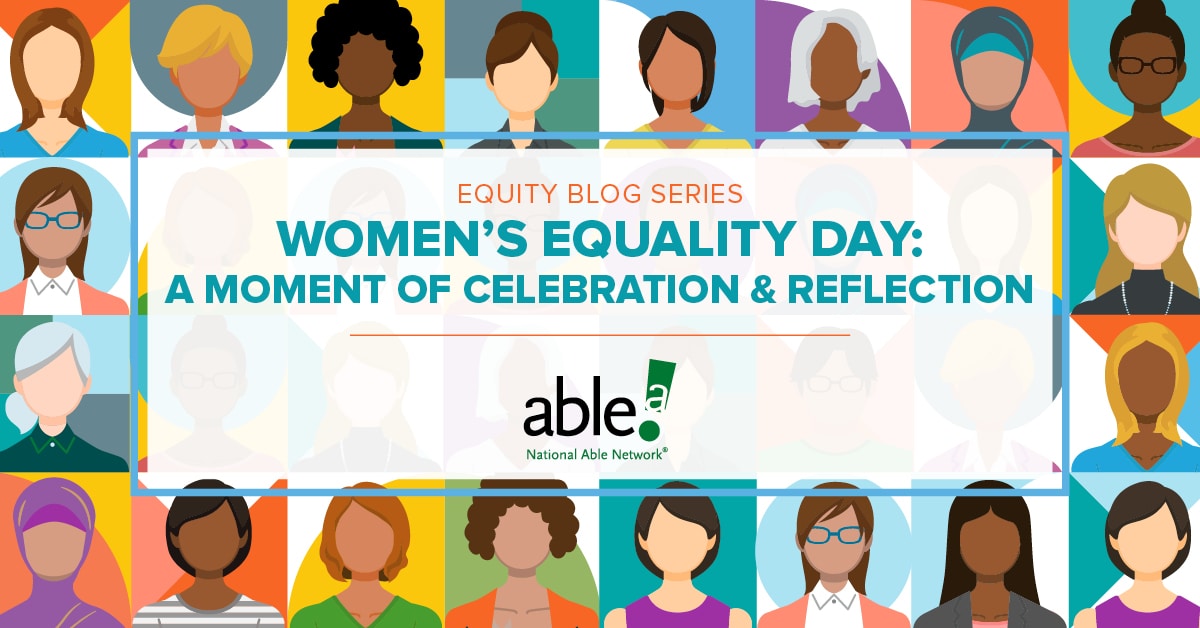Women’s Equality Day, celebrated on August 26th, is widely known as the day to honor the certification of the Nineteenth Amendment allowing women the right to vote which was signed in 1920 by U.S. Secretary of State Bainbridge Colby. A little-known fact is that the Women’s Bureau at the U.S. Department of Labor was actually established just about three months before the certification of the Nineteenth Amendment. These milestones were history-making leaps in the fight for women’s equality that would forever be intertwined in the journey of women and the workforce.
The Women’s Bureau continued to lead the way for gender equality throughout the years with the passing of the Equal Pay Act in 1963 and the creation of programs like the Women in Apprenticeship and Nontraditional Occupations Act (WANTO) in the 1990s. On this Women’s Equality Day, it’s essential to celebrate the history of change and advancement, while reflecting on the barriers and challenges that must still be overcome today.
Recent sources estimate that women make less than men (about 84 cents to the dollar), and some industries continue to be heavily male-dominated (Information Technology, to name just one example) – the opportunities for women’s pay equity, safety, and career advancement continue to be critical issues in the workforce.
Fortunately, programs like WANO, and more locally, Chicago Foundation for Women’s Englewood Women’s Initiative (EWI), actively work to remove barriers and provide women, especially women that are members of marginalized communities, with opportunities for free training, job search guidance, and even childcare that lead to thriving career pathways and family-sustaining wages.
Most recently, National Able Network’s IT Career Lab program and EWI, worked closely to connect women with careers in Information Technology – an industry with less than 30 percent of women, and even less than 10 percent identifying as women of color. The program opened opportunities for women in IT, and it also increased the wages of participants by fourteen percent! National Able Network is continuously seeking opportunities to break down barriers in the workforce and lead the way not just for women’s equity but gender equity. With multiple programs in the pipeline, National Able Network is the place to go for job seekers across the spectrum. Get started today!

